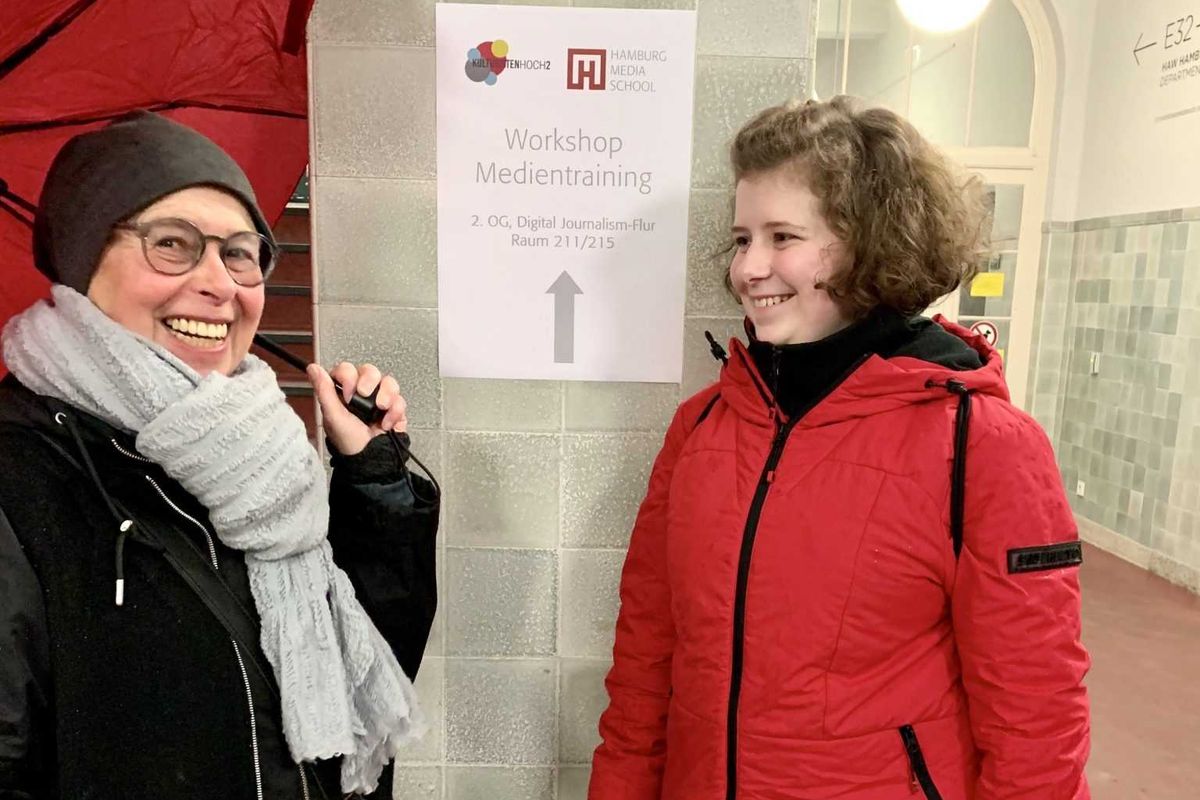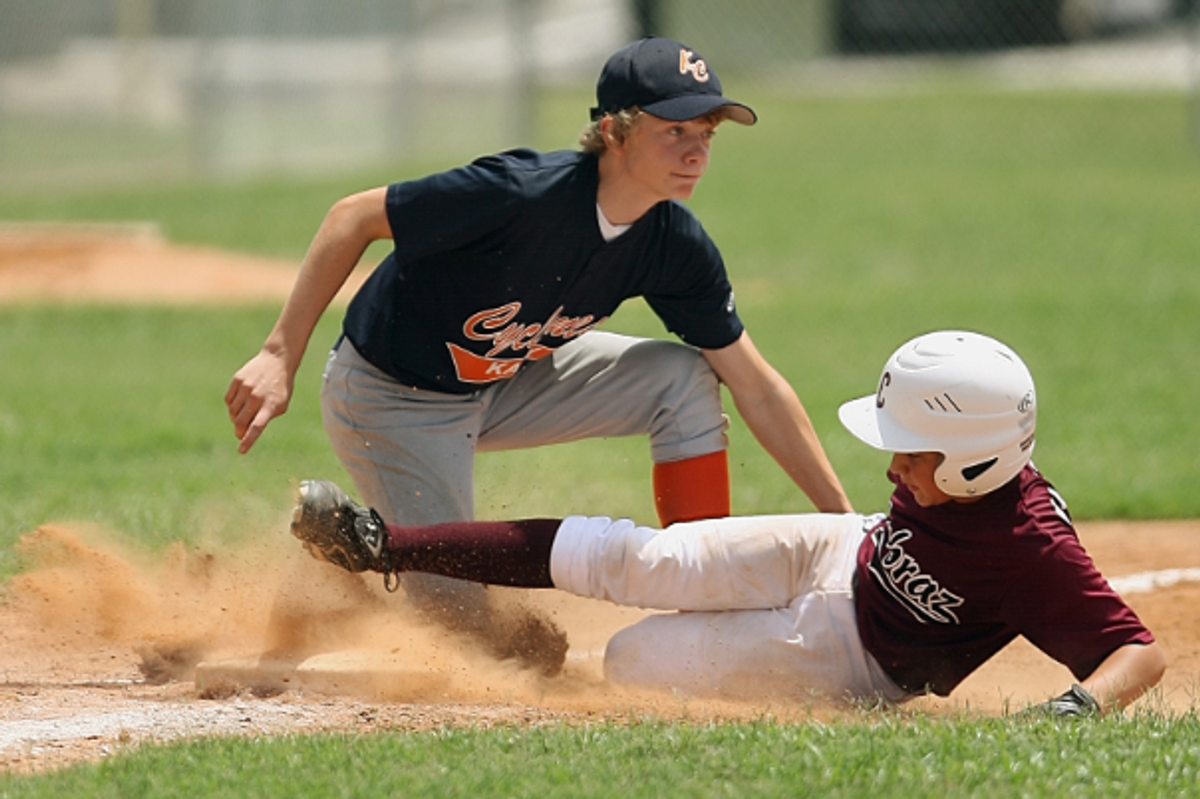'Rainbow Bridge' poem has long comforted grieving pet parents. Finally, the author is revealed.
For years, the creator of this beloved piece has been shrouded in mystery.

For years, 'Rainbow Bridge" seemed to simply exist without an author.
For grieving pet parents, few words come closer to providing some sort of comfort than those of “Rainbow Bridge.” After all, the poignant and wildly popular poem offers a slice of hope, promising a reunion with our furry loved ones in a magical paradise of the afterlife. Even for those who aren’t so theologically inclined, the imagery can be soothing after irrevocable loss.
For so long, “Rainbow Bridge” has seemingly existed as its own entity, being handed out by vets or shared in condolence cards and online sans a credited author. However, thanks to the tireless sleuthing of historian and author Paul Koudounaris, that mystery has been solved.
According to an interview with National Geographic, Koudounaris had first become enticed to find the unknown creator of “Rainbow Bridge” after encountering it several times while working on his book about pet cemeteries (fitting). Wanting the person who wrote what he described as “a text with monumental importance to the world of animal mourning” to receive some well-deserved acclaim, Koudounaris began his search.
He discovered that “Rainbow Bridge” first came to notoriety through the long syndicated advice column “Dear Abby,” where in 1994 the poem was printed along with a warning for readers to “grab their hankies.” However, there was still no writer’s name attached. Koudounaris would have to compile two dozen names with even the slightest connection to the poem, and one by one cross them off the list until he landed on just one—a woman in Scotland by the name of Edna Clyne-Rekhy.“What initially would have seemed like the most unlikely candidate in the end turned out to be the most intriguing candidate and, of course, the actual author,” Koudounaris told National Geographic, noting that Clyne-Rekhy was the only non-American on the list.
Koudounaris reached out to Clyne-Rekhy, who was not only shocked that he had found her but completely unaware that her poem had touched millions of hearts.
As Koudounaris details in his own story, Clyne-Rekhy was only 19 years old when she first put her words to paper. The year was 1959, and she had just lost her beloved Labrador named Major. Her only ambition (or more accurately—compulsion) at that time was to memorialize him and surrender to the “warm feeling” that seemed to be inspiring her to write.
Even when it was but a messy draft full of crossed-out words and scribbles, people knew the poem was special. At least, the few people who were shown it knew. Despite her husband’s encouragement, Clyne-Rekhy never sought to publish but would share a copy from time to time, always without her name written on it.
Here is the poem in its entirety:
The Rainbow Bridge
By Edna Clyne-Rekhy
"Just this side of heaven is a place called Rainbow Bridge. When an animal dies that has been especially close to someone here, your pet goes to Rainbow Bridge. There are meadows and hills for all of our special friends so they can run and play together. There is plenty of food, water, and sunshine, and friends are warm and comfortable. All the animals who have been ill and old are restored to health and strength, those who were hurt are made better and strong again, like we remember them before they go to heaven. They are happy and content except for one small thing, they each miss someone very special to them who had to be left behind. They all run and play together, but the day comes when one suddenly stops and looks into the distance, his bright eyes are shineing (sic), his body shakes. Suddenly he begins to run from the herd, rushing over the grass, his legs carrying him faster and faster, and when you and your special friend finally meet, you cuddle in a happy hug never to be apart again. You and your pet are in tears. Your hands again cuddle his head and you look again into his trusting eyes, so long gone from life, but never absent from your heart, and then you cross the Rainbow Bridge together."
By the early 90s, “Rainbow Bridge” made its way to a few animal lovers’ groups in America and then to the 1 million readers of “Dear Abby.” Sixty-four years after its creation, now we see its words engraved on countless pet gravestones and recited during mourning groups. Clyne-Rekhy had no idea.
And though she wasn’t thrilled that several people attempted to take credit for something she poured her heart into—including one who, according to Koudounaris, insisted it was originally performed by a Native American shaman—more than anything, she was touched to learn that it made such a positive impact on others.
As for any further advice for grieving a lost pet? Clyne-Rekhy, now 82, says get another one. While she agrees that no two animals are alike, she told Koudounaris, “There’s no reason to deny yourself…your previous pet certainly wouldn’t have wanted you to live without it.”
- Brené Brown shares her heartfelt thoughts on how long grief should last ›
- Heartbreaking TikTok of dog's last day captures hearts of pet owners online ›
- This heartbreaking comic is helping people grieve for their pets. ›
- Owner writes moving goodbye letter to belated cat Marty - Upworthy ›
- 19-year-old dog honored in wedding ceremony during his last days - Upworthy ›



 A UPS truck with package deliveries.Image via Wikipedia
A UPS truck with package deliveries.Image via Wikipedia
 Cher was the biggest phenomenon on the planet for the better part of the '70s and '80s.Casblanca Records/
Cher was the biggest phenomenon on the planet for the better part of the '70s and '80s.Casblanca Records/

 A high school volunteer with her senior "tandem."
A high school volunteer with her senior "tandem."  KH2 makes leaving the house more accessible to senior citizens.
KH2 makes leaving the house more accessible to senior citizens.  Many "culture buddies" stay in contact after the program ends.
Many "culture buddies" stay in contact after the program ends.  KH2 provides students with excellent life skills and lasting connections.
KH2 provides students with excellent life skills and lasting connections. 
 Parents posing with their young kids on a basketball court. via
Parents posing with their young kids on a basketball court. via